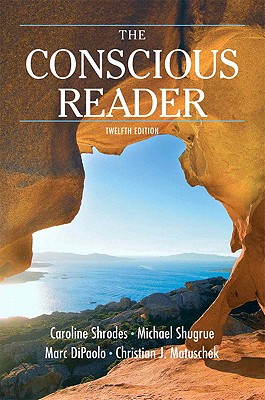
This collection offers support for instructors who are concerned about students' critical literacy abilities. Attending to critical reading to help students navigate fake news, as well as other forms of disinformation and misinformation, is the job of instructors across all disciplines, but is especially important for college English instructors because students' reading problems play out in many and varied ways in students' writing. The volume includes chapters that analyze the current information landscape by examining assorted approaches to the wide-ranging types of materials available on and offline and offers strategies for teaching critical reading and writing in first-year composition and beyond. The chapters herein bring fresh perspectives on a range of issues, including ways to teach critical digital reading, ecological models that help students understand fake news, and the ethical questions that inform teaching in such a climate. With each chapter offering practical, research-based advice this collection underscores not just the importance of attending to reading, particularly in the era of fake news, but precisely how to do so.







